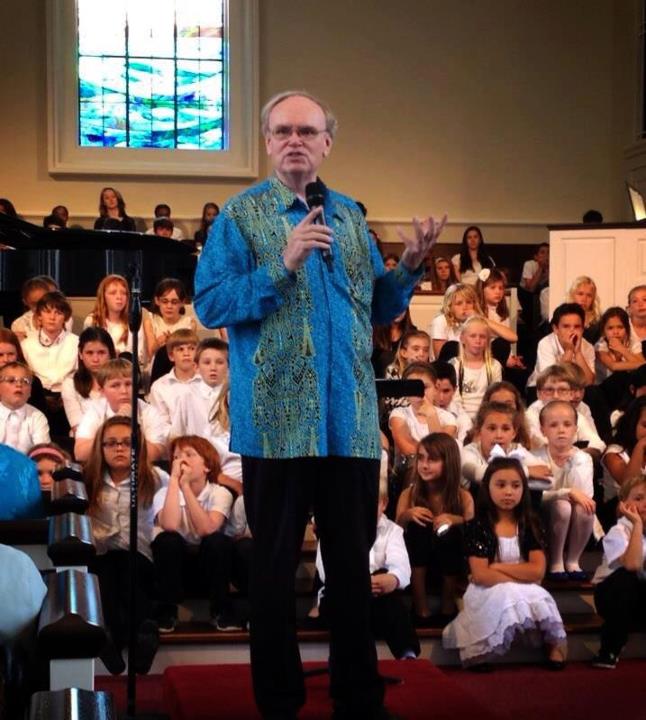A healthy life balance is something most people desire. And what’s more, most of us think we have already achieved it, whether we actually have or not. I may not be perfect, but my life’s balance is at least healthier than that of my friends, right?
If it becomes obvious that we are out of balance, it eventually becomes as irritating as an out-of-balance tire on a new vehicle, bouncing, making noise, wobbling, pulling to one side, and generally driving us crazy. Like a pebble in a shoe that feels like the Matterhorn, we set about to fix whatever imbalance, shake out the extra weight – even if it is only a one-milligram pebble – and begin moving again without the friction, noise and general malaise we have just experienced.
A life out of balance for too long causes heart attacks, diabetes, anxiety, obesity, stress, strokes, divorce, broken relationships, and all manner of destruction. Not uncommon are wake-up calls, imploring us to make a change. If we’re fortunate, we will hear the alarm go off before a real crisis occurs, and if we’re smart, we’ll heed the warning and make an immediate and critical course correction.
In choral music, balance is not everything, but it certainly is crucial. Balance doesn’t make that much difference if the singers are singing wrong pitches, are out of tune, are stylized within an inch of their lives with scoops, slides, shaking vibratos, or are slogging through with sloppy rhythms. However, layer on top of all that non-beauty an imbalance of sound, and things only go from bad to worse.
The importance of choral balance shows itself when notes, rhythms, and tuning are good and vowels are unified. When the basic elements of good choral singing are in place, the finishing touches of exquisite balance will bring the sound to a high level of excellence. However, all of the above good elements of the choral art will remain pretty much moot if one section plows through and annihilates the others, or if one voice cuts through the whole choral sound as a wannabe star. It’s in the upper 10% of choral proficiency that balance becomes so important.
Let’s zoom out for a moment and discuss the prospect of balance in our daily lives. We live in a world where tabloid news hourly assaults our senses and sensibilities with a daily (at least) deluge of hot, outrageous headlines. Trying to make sense of the mayhem, our eyes inadvertently search for a place to land, a place which will hold our attention, support our already-established outrage, and conveniently skip over our personal or corporate flat sides and blind spots. We gravitate to our favorite news outlets which we already know are going to reinforce our predetermined politics and premeditated mindsets.
Yakking about news and politics is as addictive as cocaine, and it provides us about as much personal benefit as watching multiplied hours of WWE smackdown wrestling. It is marketed for vicarious rage release, designed not for the integrity of some sport, but rather to entertain, enrage, and the bottom line … to sell product lines. I submit that WWE and current politics bear a striking resemblance. The winners are the polarized news sources who make billions off their constituencies. The losers? That would be the American public.
Both WWE and politics keeps us wagging our tongues and shaking our fists from our easy chairs, on our phones, and online, doing nothing but becoming more enraged and more consumed by consumerism itself. The only thing worse is if we also devour potato chips by the bag, spoon up ice cream by the half gallon, guzzle beer or sip large amounts of liquor as we cheer forward the slugfest du jour.
Particularly during the time of pandemic, we have all looked for new ways to spend our time, and the news cycles have been particularly juicy since this time last year, haven’t they? It’s been and continues to be a perfect storm for the galvanizing of political polar opposites. Does anyone out there think this is a good thing? Does this seem healthy to you? Does it offer reasonable balance for the time and energy we’re spending on it?
For many of us … and I certainly include myself here … we have found ourselves emotionally embroiled in huge national issues over which we have absolutely no control other than to pray earnestly and to respectfully cast our votes … hopefully in that order.
I think I understand the basic principles of civil discourse, and I would image we all do. I’m also – as are many of you – totally turned off by “discourse” that is highly public but not at all civil. Some of the things I have seen and heard on social media and from the omnipresent talking heads on television sickens my soul and nauseates my heart. And from what my friends on all sides of issues are telling me, I know I am not alone. And neither are you.
I honestly wonder if public discourse was more valuable in the 17th, 18th, 19th and 20th Centuries, when there was no social media, no twenty-four-hour news cycles, no online resources. What I’m asking is this: With all the resources available to inform us and help us decide how to vote, might we do well to lower the temperature way down and just stop arguing with each other altogether?
To borrow a line from YouthCUE alumnus John Stinson, we need to “study the issues, ask honest questions, listen to others – especially listening to those whose life experiences are different from ours – talk a lot less, respectfully cast our vote for whoever we honestly believe can best represent us, and then forget the politics until the next election cycle. Instead of getting caught up in all the vitriol, how about spending the bulk of our time, energy, and passion down the street or next door, prayerfully and openly working with all kinds of people to make our common communities better places … stronger, safer, happier communities for all of us?”

I’m with you, John! I believe this has the very best chance of changing our world for the better. In fact, I believe all other ground … political ground … is sinking sand when it comes to being neighborly.
In order to achieve balance in our lives and in our choirs, we simply must learn to listen to “the other sections.” If we demand that the part we sing be predominant, preeminent, and heard head and shoulders above all the others, the choral sound will never be beautiful. It is only when we work for balance, for sharing, for real equality, for true justice, that beauty can come to communities and can thrive in a nation.
Randy Edwards










